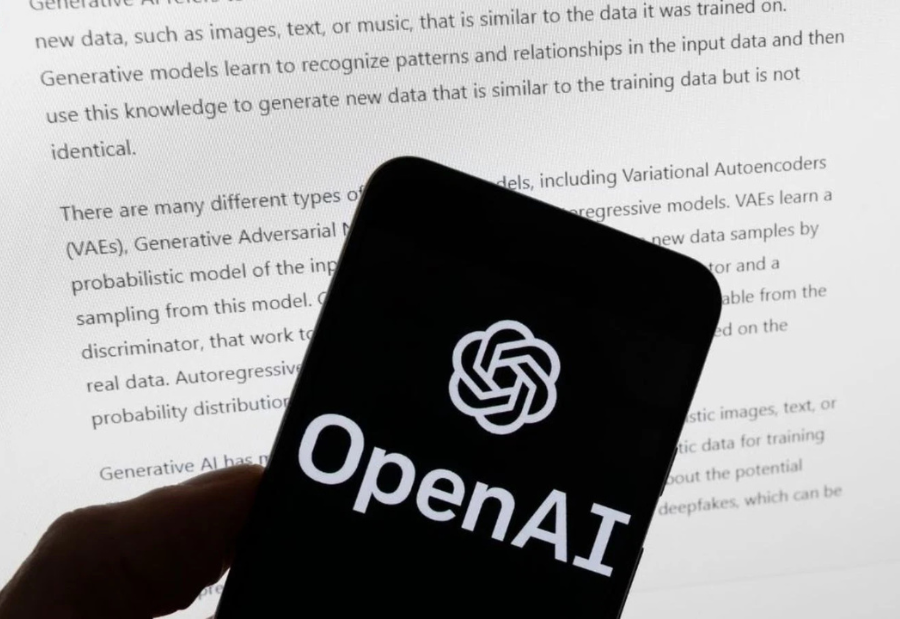A German court has ruled that OpenAI’s chatbot, ChatGPT, violated copyright laws by reproducing lyrics from songs by popular musician Herbert Groenemeyer and other artists. The regional court in Munich found that OpenAI had trained its artificial intelligence models using protected material from nine German songs, including Groenemeyer’s well-known tracks “Maenner” and “Bochum.”
The case was filed by the German music rights organisation GEMA, which represents composers, lyricists, and publishers. The ruling is another example of artists around the world challenging the unauthorised use of their work in AI training data. Presiding judge Elke Schwager ordered OpenAI to pay damages for using copyrighted material, although the specific amount was not disclosed.
GEMA’s legal advisor Kai Welp stated that the organisation hoped to start discussions with OpenAI on how copyright holders could be fairly compensated.
OpenAI had argued that its AI systems do not store or copy specific pieces of training data but instead generate content based on what the model has learned from a large dataset. The company also claimed that since the chatbot’s responses depend on user prompts, it should be the users, not OpenAI, who are responsible for any potential copyright violations.
However, the court ruled that both the storage of protected material within the language models and the reproduction of song lyrics in ChatGPT’s outputs violated copyright laws.
The decision could serve as an important precedent across Europe regarding how AI companies use copyrighted materials for training purposes.
“The internet is not a self-service store, and human creative achievements are not free templates,” said GEMA CEO Tobias Holzmueller. “Today, we have set a precedent that protects and clarifies the rights of authors: even operators of AI tools such as ChatGPT must comply with copyright law.”
The ruling can still be appealed. A spokesperson for OpenAI said, “We disagree with the ruling and are considering next steps. The decision is for a limited set of lyrics and does not impact the millions of people, businesses, and developers in Germany that use our technology every day.”
Earlier this year, major music labels in India approached a court in New Delhi to join a similar lawsuit against OpenAI for allegedly using sound recordings without permission to train AI models, reflecting growing global concerns over AI and music rights.
Also read: Viksit Workforce for a Viksit Bharat
Do Follow: The Mainstream formerly known as CIO News LinkedIn Account | The Mainstream formerly known as CIO News Facebook | The Mainstream formerly known as CIO News Youtube | The Mainstream formerly known as CIO News Twitter
About us:
The Mainstream formerly known as CIO News is a premier platform dedicated to delivering latest news, updates, and insights from the tech industry. With its strong foundation of intellectual property and thought leadership, the platform is well-positioned to stay ahead of the curve and lead conversations about how technology shapes our world. From its early days as CIO News to its rebranding as The Mainstream on November 28, 2024, it has been expanding its global reach, targeting key markets in the Middle East & Africa, ASEAN, the USA, and the UK. The Mainstream is a vision to put technology at the center of every conversation, inspiring professionals and organizations to embrace the future of tech.




